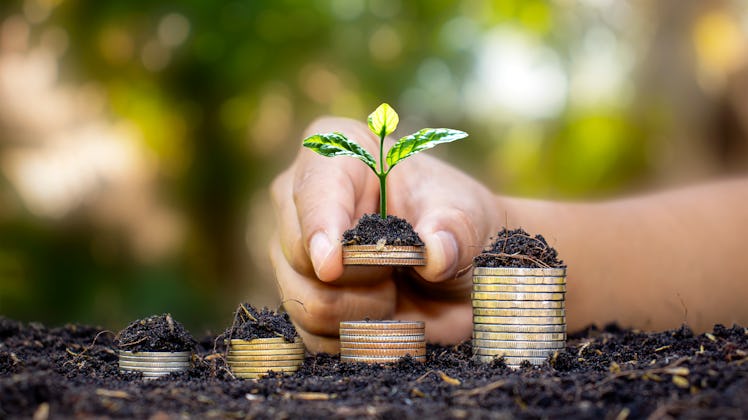Can Money Buy Happiness? Study Debunks “Perfect Income” For Wellbeing
A new study suggests that when it comes to happiness and money, more is more.

Is more really the merrier? According to a new study, it certainly seems so — at least as it pertains to income. Although past research indicated that a person’s well-being plateaued when their annual income reached approximately $75,000, a study from researchers at the University of Virginia suggests that higher incomes may improve individuals' day-to-day wellbeing.
For this study, researchers gathered and analyzed 1,725,994 self-reports measuring personal wellbeing from 33,391 employed U.S. adults with a distribution of income values closely matching U.S. Census distribution. Some reports measured wellbeing in the moment, while others took an evaluative measurement of how people felt about their lives when they took time to pause and reflect.
To better understand how income levels affect both the positive and negative aspects of wellbeing, participants were asked to report in real time how they felt concerning six different positive emotions (confident, good, inspired, interested, and proud) as well as six different negative emotions (afraid, angry, bad, bored, sad, stressed, and upset).
The results were consistent and resounding, as those who made more money showed significantly lower levels of all negative emotions and significantly higher levels of all positive emotions.
But how a person’s perceived wellbeing compared to those in their same income bracket depended on how strongly they equated money with success. The more people connected those two factors — having money = success — the less happy they were compared to those with similar wealth. In fact, data was consistent across income levels: At no point on the income continuum was equating money and success associated with greater experienced wellbeing.
Researchers admit that the exact reasons income and wellbeing appear to be linked are uncertain as the relationship relies on numerous complex and interrelated factors. “One possibility is that people spend money to reduce suffering and increase enjoyment and that marginal dollars are differentially deployed against these aims depending on one’s income,” the study reads. “Another possibility, not incompatible with the first, is that larger incomes give people more control over their lives.”
There’s potential for people to read this study as encouragement to double their pursuit of the almighty dollar in order to squeeze every ounce of happiness out of life. But there are also ways to look at this data as a case for policies like basic income for people who are struggling to make do. That’s because an increase in income for those making less money had a much larger impact on happiness than a proportional increase in those who made more money.
“This means that two households earning $20,000 and $60,000, respectively, would be expected to exhibit the same difference in well-being as two households earning $60,000 and $180,000, respectively,” explain the study authors.
In other words, although wellbeing increases as income increases, the dollar per additional wellbeing ratio shrinks the richer a person becomes. A relatively large sum of money that marginally increases a wealthy person’s perceived wellbeing could revolutionize the outlook and happiness of those who make significantly less.